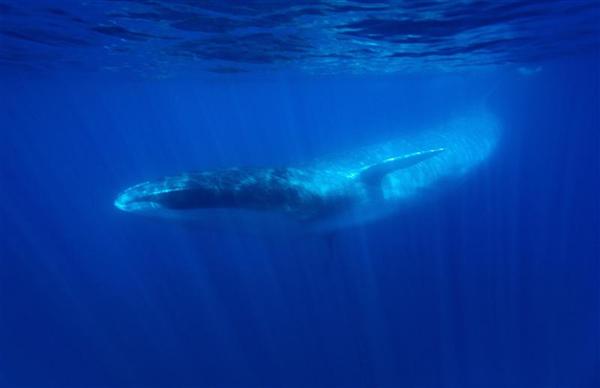Really, South Korea?
A South Korean official at the International Whaling Commission (IWC) just stated that growing whale populations are eating up their fish stocks. This strangelyimplies that humans, who do not live in the sea, have a greater right to fish than a mammalthat actually lives in the sea.
Last time I checked, whales could not get onto land and go hunting for food to eat or grow their own farms for that matter.
The justification for killing whales by the South Korean government is nonsensical.The commissioners have stated that they would like to kill whales for scientific purposes, to regulate fish stocks, and that whaling is a part of ancient Korean culture. So which one is it? Or is the South Korean government only making these very different claims to fit itself under the loopholes of IWC regulations?
Minke whales, that live off the coast of South Korea and happen to be a favorite delicacy of the population, are an endangered species. Instead of proposing a plan to hunt these whales, the commissioners should be proposing a recovery plan to rebuild the population.
The fact that the South Korean government would advocate to kill an endangered animal for “research purposes” just makes absolutely no sense. Also, what I have recently learned from John Frizell, Greenpeace International Oceans Campaigner, is that the IWC cannot even stop South Korea from whaling under the guise of “scientific research purposes.”
Even if the scientific committee of the IWC goes over the proposal and thinks it is unjustified, they cannot stop South Korea from whaling.
This is just another instance that proves the IWC is meant to advocate for whalers, not whales. The IWC needs to reform it’s policies now, and become a whale conservation body.
I’m glad to hear that Australia, the US, and other countries are outraged and ready to stand up for whales diplomatically. I hope they can change South Korea’s position and protect these endangered minke whales.



